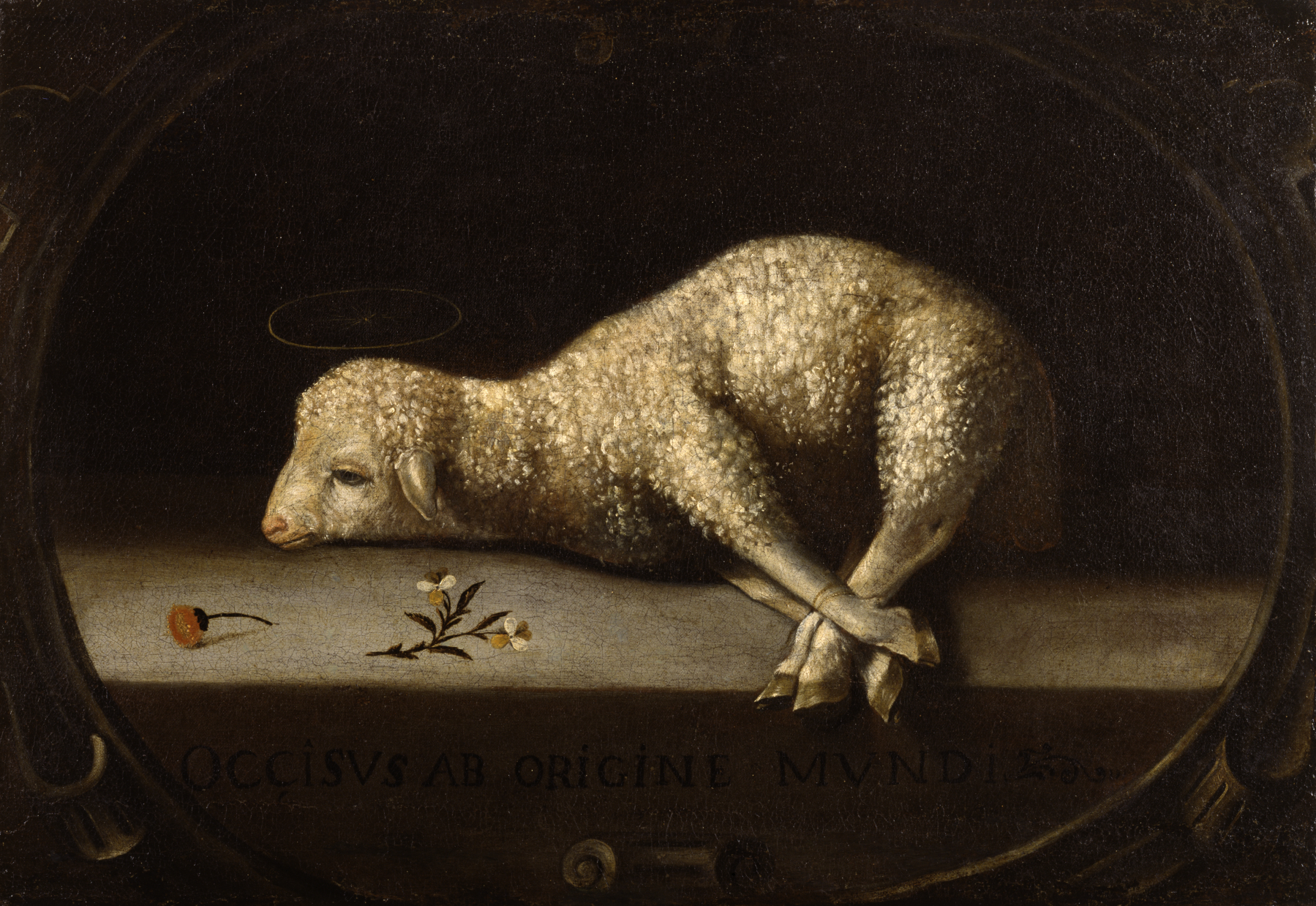Christ the Priest

Christ’s prophetic office is primarily about how God communicates with us. But it’s one thing for God to speak to us and another thing entirely for us to speak to God. In order to do that, we need a mediator; we need a priest. A priest stands before God on behalf of the people. The priest is the way that the people can interact with God.
We’ve already spoken about how Christ is the only Redeemer of God’s elect, and when we come to his priesthood, we’re talking about how he redeems us. So how is it that we can approach God?
Q. 25. How doth Christ execute the office of a priest?
A. Christ executeth the office of a priest, in his once offering up of himself a sacrifice to satisfy divine justice, and reconcile us to God; and in making continual intercession for us.
Notice that the catechism gives two ways that Christ executes the office of a priest. First, he executes the office of a priest in his once offering up of himself a sacrifice. We know, of course, that this was what Christ was doing on the cross, and truly in all his sufferings. He was doing the ultimate priestly work of giving his own life for the people. All other priests offer up other sacrifices, but Christ gave his own life as a sacrifice for sins. He is himself the lamb brought to slaughter (Isaiah 53:7).
This achieved a twofold redemption. First, Christ’s sacrifice satisfied divine justice. The word we often use for this is propitiation. A propitiation is a kind of covering. In this case, Christ is our covering from the wrath of God, a shield against righteous judgment and a protection against God’s holiness. He is able to make this satisfaction because “he has borne our griefs and carried our sorrows” (Isaiah 53:4). Isaiah goes on:
But he was pierced for our transgressions; he was crushed for our iniquities; upon him was the chastisement that brought us peace, and with his wounds we are healed.
And in satisfying God’s justice, Christ’s sacrifice also reconciles us to God (Romans 5:10-11, 2 Corinthians 5:18, Colossians 1:21-22). The word we often use for this is atonement. This was a word invented by William Tyndale when he translated the Bible, and it means what it says: at-one-ment. Christ’s sacrifice makes the elect one with God, bringing us together into his fellowship through Christ’s death.
But while Christ’s death was once for all, his work is not finished. The second way he executes the office of a priest is in his continual intercession for us (Romans 8:34, Hebrews 7:25). To intercede is to stand on someone’s behalf. Christ is now, at the right hand of the Father, pleading our case before him. When you sin and ask forgiveness, Jesus Christ himself takes your prayer and lifts it up to the Father. He does the same with all of our requests. This is why we pray in the name of Jesus, because whenever you pray, you do not pray alone, but you have a prayer partner.
How would we pray if we knew that Jesus was always standing beside us, praying alongside us, perfecting our prayers to receive a blessed response? Whether we realize it or not, this is exactly what’s happening. The Lamb who died for your sins has risen again for the express purpose of bringing you to God, of bringing your desires and petitions to him. So when you pray, remember your priestly prayer partner. Trust in him, in his sacrifice that brought justice and reconciliation, and in his prayers which always arise for you to his Father.
Updates
Don’t forget about our congregational meeting, next week, March 30th, immediately following the worship service!
Your friend in Christ,
Reid
